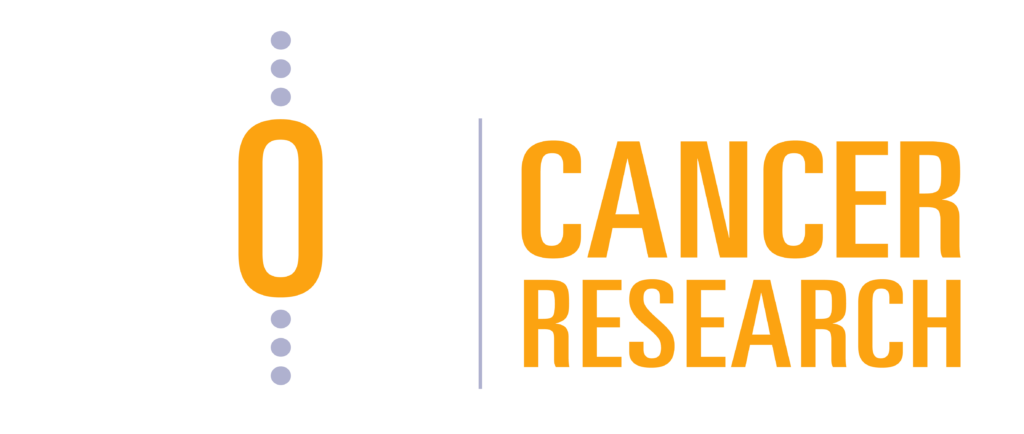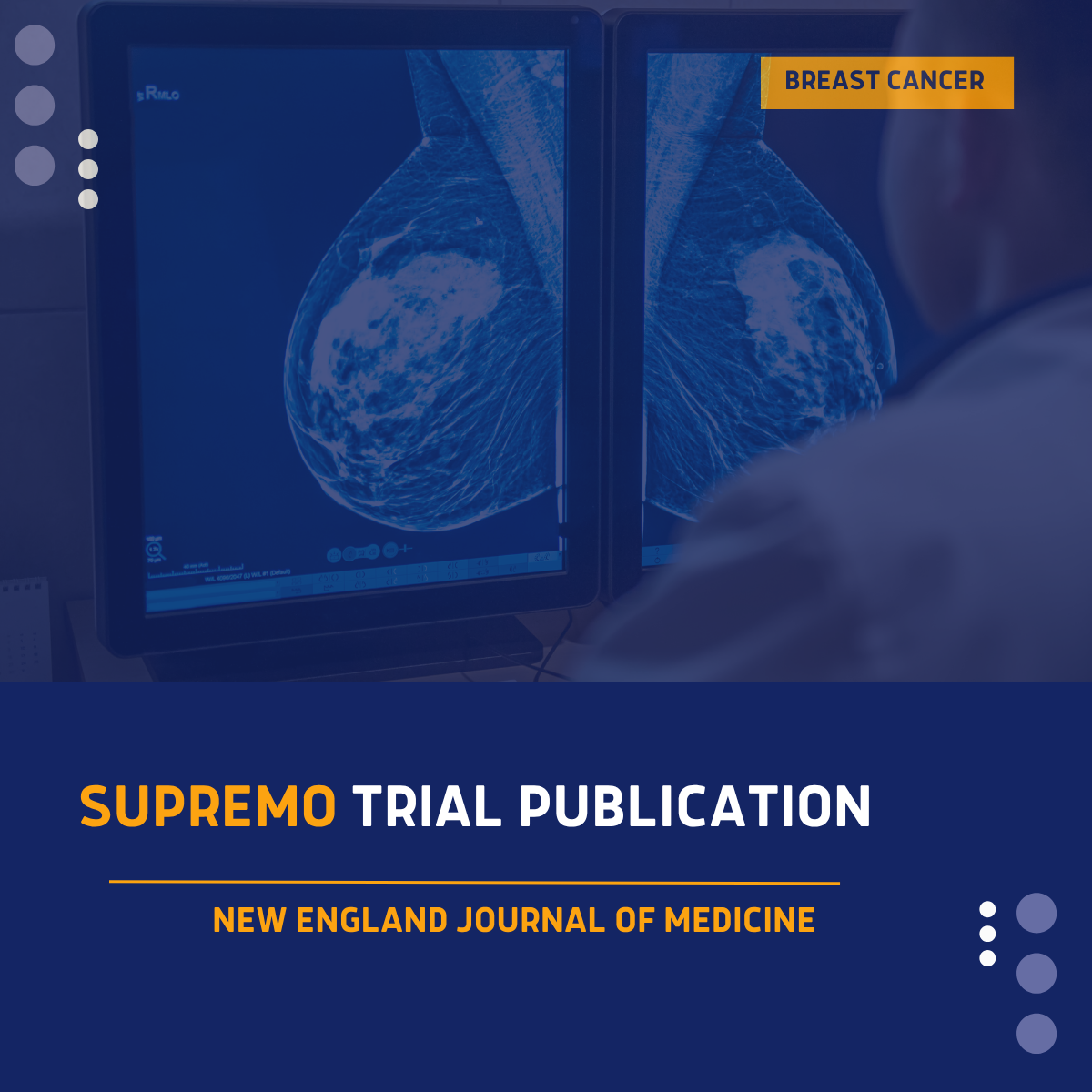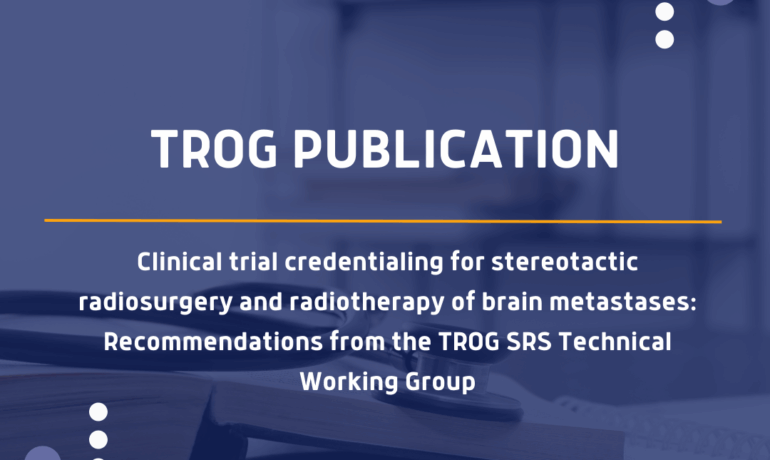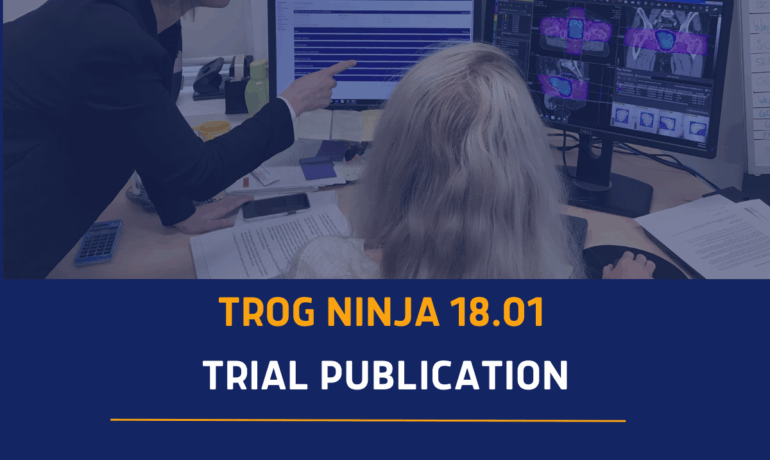LATEST NEWS: 6 November 2025
Radiotherapy can be safely omitted as a treatment for many breast cancer patients who have had a mastectomy and are taking anti-cancer drugs, according to 10-year follow-up from an international trial on which TROG collaborated
Findings from the BIG 2-04/MRC/TROG 11.01 SUPREMO trial were published in the prestigious New England Journal of Medicine this week, providing evidence for a change in practice in treatment of some breast cancers.
The trial found that patients with early-stage breast cancer who underwent a mastectomy had similar 10-year survival rates whether or not they received radiotherapy.
Experts said the findings should help guide treatment discussions, as many patients who currently qualify for radiotherapy after mastectomy under existing guidelines may not actually need it.
For many patients with early-stage breast cancer treated by mastectomy and anti-cancer drugs, chest wall radiotherapy has long been standard to kill any remaining cancer cells and lower the risk of recurrence.
The SUPREMO trial (Selective Use of Postoperative Radiotherapy after Mastectomy), led by the University of Edinburgh, studied the impact of chest wall radiotherapy in patients at intermediate risk of breast cancer returning.
The group included women from 17 countries who had one to three affected lymph nodes, as well as those with none but who had other tumour features of aggressive behaviour that increase the chance of recurrence.
TROG Cancer Research collaborated on the Australian arm of the randomised controlled trial, conducted at 10 sites across the country.
All 1,607 patients in the study underwent mastectomy, axillary surgery – removing lymph nodes from the armpit – and modern anti-cancer therapy in the form of chemotherapy or hormonal therapy (or a combination of both). They were randomly assigned to chest wall radiotherapy (808 women) or no radiotherapy (799).
There was no difference in overall survival of patients after 10 years of follow up – 81.4 per cent of those who received radiotherapy were still alive, compared with 81.9 per cent of those who did not.

Radiotherapy also had no impact on disease-free survival – the length of time without any cancer returning – or on the cancer spreading from the breast to elsewhere in the body, the study found. Radiotherapy had minimal impact on cancer recurring at the site of mastectomy.
The research team cautioned that the study only looked at women with intermediate-risk breast cancer. Patients with a higher risk of their cancer returning could possibly benefit from chest wall radiotherapy, they said.
Professor Ian Kunkler, from the University of Edinburgh’s Institute of Genetics and Cancer (pictured right), said:
“The SUPREMO trial provides no evidence to support the continued use of radiotherapy to the area of the chest wall in most patients with intermediate-risk breast cancer who have undergone a mastectomy if they are also treated with modern anti-cancer drug treatment.”
The trial was funded by a Medical Research Council (MRC) and National Institute for Health and Care Research (NIHR) partnership, EORTC, Dutch Cancer Society, Cancer Australia, Breast Cancer Institute, Edinburgh Cancer Centre and HSBC Trustees.
Read the study in the New England Journal of Medicine.
Read the University of Edinburgh story about the paper.
Related Post
New guidelines developed by TROG for clinical trial use of stereotactic radiosurgery for brain metastases
LATEST NEWS: 27 January 2026 New guidelines to ensure
Automated quality assurance tool shows promise in TROG 18.01 NINJA trial
LATEST NEWS: 25 November 2025 Vital quality assurance (QA)




